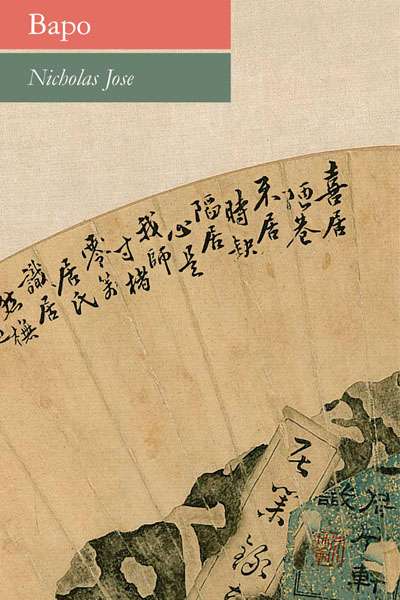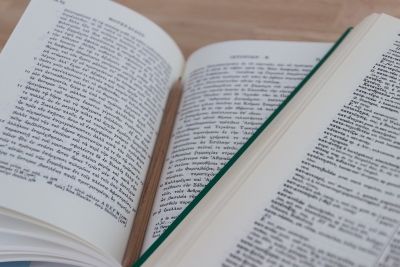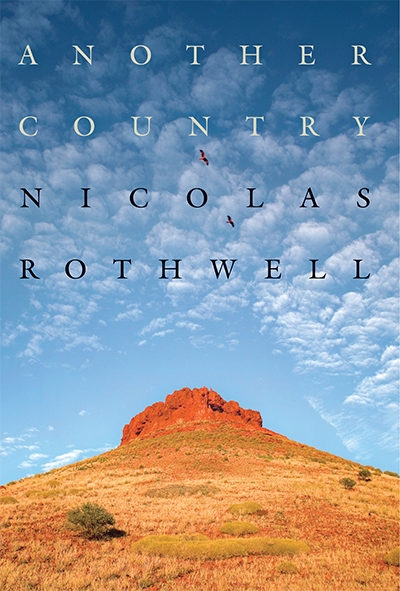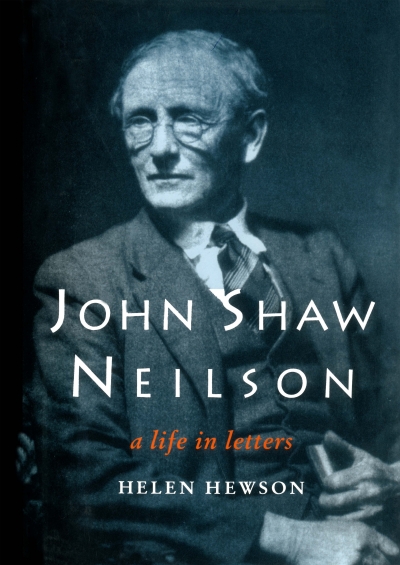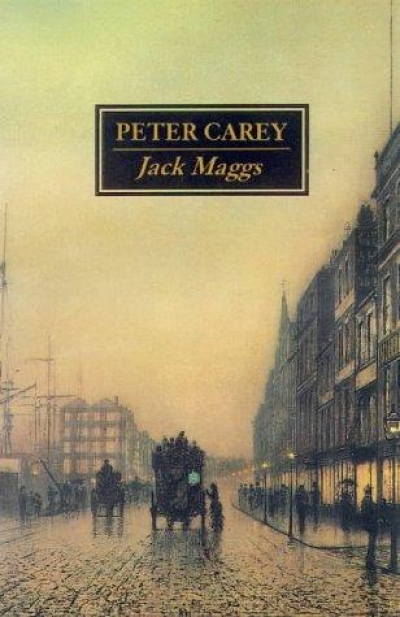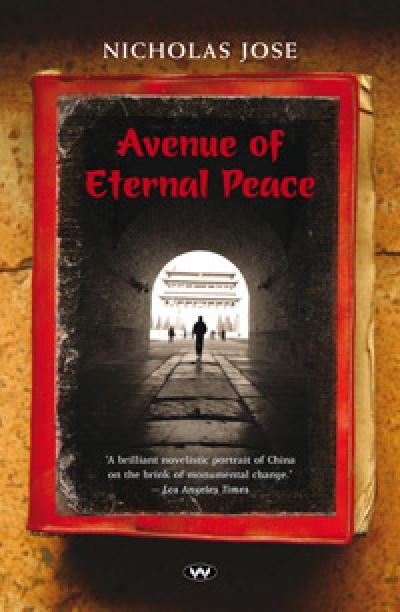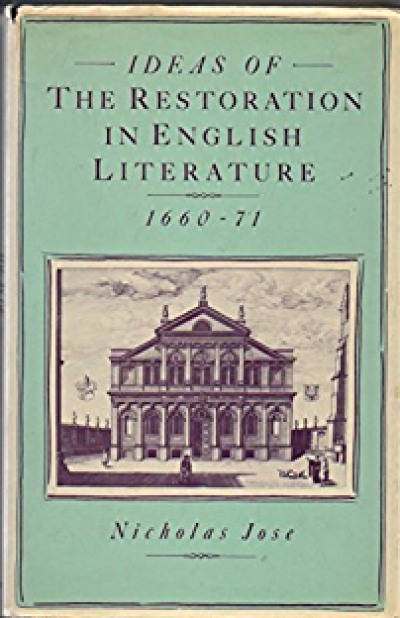Nicholas Jose
The physiotherapist I saw for a pinched nerve in my back not long ago turned out to be an avid reader of fiction. She would work her way through the Booker shortlist each year. But she wouldn’t read Australian novels. As she pummelled my knotted flesh, I wondered if this was the right moment to admit that I was a person who wrote such things. She explained that, having moved to Australia from South Korea as a twelve-year-old, she had been made to write essays at school about a book called A Fortunate Life that she found as painful as I was finding her pressure on my spine.
... (read more)The world we live in provides us with a great deal of information that is not really intended to inform. We must be informed, for example, that a phone call is being recorded for training purposes. Thus language becomes an accessory to the black arts of spin, propaganda, manipulation and arse-covering. Words are twisted and violated, making it difficult to recover the meanings, the distinctions, that we need. What was clear becomes murky, while murkiness is hidden behind a veneer of false clarity. Protean language becomes complicit in the world’s nefarious purposes.
... (read more)
